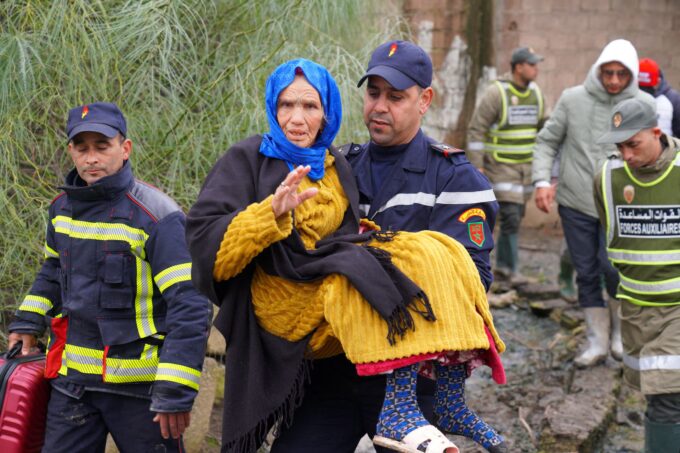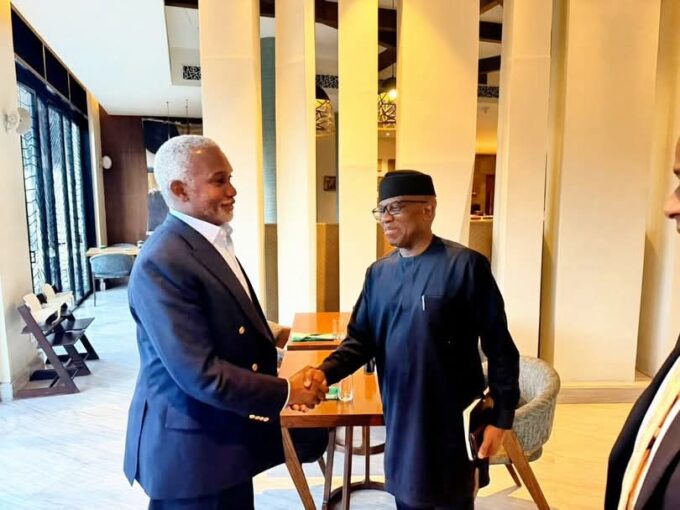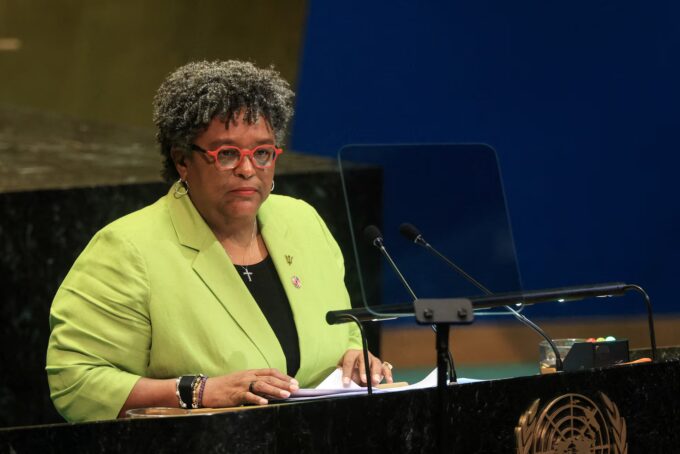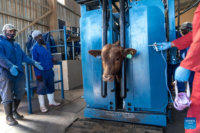Malawi’s political landscape is witnessing a dramatic turn as former President Peter Mutharika surges ahead in the ongoing presidential election count, with provisional results showing him in a commanding lead over incumbent President Lazarus Chakwera. With about two-thirds of districts already reporting, the 85-year-old Mutharika has secured nearly 66% of the valid votes counted so far, while his closest rival, 70-year-old Chakwera, trails significantly with just 24% of the vote.
The results declared to date suggest that Mutharika is performing strongly even in areas traditionally considered strongholds of Chakwera’s Malawi Congress Party, including the capital Lilongwe and the district of Nkhotakota. This unexpected outcome has fueled speculation that Mutharika could be set for a decisive comeback after years out of office.
However, Chakwera’s campaign team has not conceded defeat, arguing that significant votes remain to be counted. With 12 districts yet to declare results, Chakwera’s camp insists that voter-rich regions, especially in rural areas around Lilongwe and Dedza, could still swing the race and force a run-off. According to Malawi’s electoral laws, a candidate must secure over 50% of the vote to be declared the outright winner, making every remaining ballot critical.
The Malawi Electoral Commission (MEC) has faced intense scrutiny throughout the vote-counting process. It confirmed that at least two districts where Mutharika is expected to perform strongly had their results withheld pending verification to ensure accuracy. The commission has pledged to uphold transparency, accuracy, and credibility in announcing the final results, which are expected by the end of Wednesday.
The stakes are particularly high given Malawi’s recent electoral history. In 2019, the constitutional court annulled Mutharika’s disputed victory, citing widespread irregularities. The rerun election in 2020 handed Chakwera a sweeping victory and ushered him into office. Yet, during his tenure, Malawi has faced a deepening economic crisis, marked by high inflation, food and fuel shortages, and persistent power cuts, eroding public confidence in his leadership.
Tensions heightened further on Friday when Chakwera’s party alleged that it had uncovered “serious anomalies” and “irregularities” in the vote count. The party formally petitioned the electoral commission to conduct a physical audit of the results, though it did not specify the nature of the irregularities. At the same time, police revealed that eight data entry clerks had been arrested on accusations of attempting to manipulate results, casting a shadow over the process and fueling concerns about electoral integrity.
As Malawians await the official declaration, the atmosphere in the country remains tense but hopeful. For many citizens, the election is not only about leadership but also about the future of a nation grappling with economic hardship and yearning for stability. Whether Mutharika reclaims power or Chakwera manages to rally enough support to extend his presidency, the outcome of this vote will shape Malawi’s political and economic trajectory for years to come.














Leave a comment